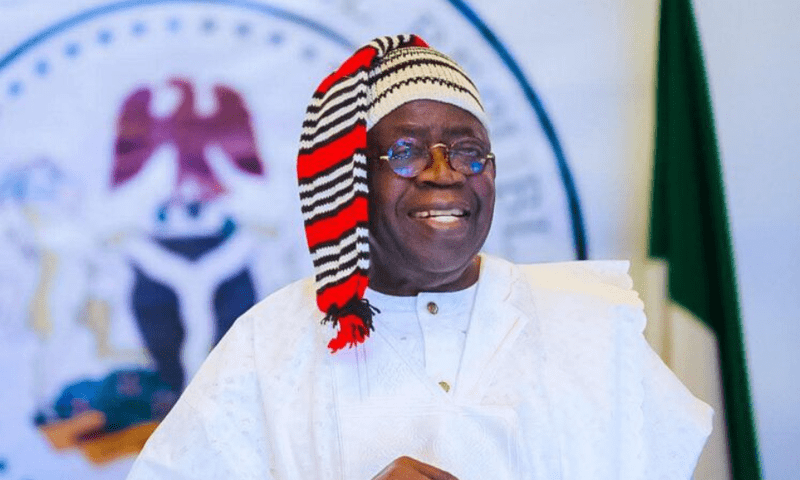President Bola Ahmed Tinubu is facing mounting criticism for what many see as a delayed and inadequate response to the wave of violence that has engulfed Benue State, leaving more than 200 people dead in recent weeks.
The bloodshed in Yelwata and surrounding communities sparked nationwide outrage and protests, with civil society figures, activists, and concerned citizens calling out the federal government for its silence and perceived inaction. One of the most vocal protesters was social media activist VeryDarkMan (VDM), who livestreamed from the protest scene on June 15. In the video, he accused security operatives of using tear gas on peaceful demonstrators and demanded an immediate end to what he described as government repression of unarmed citizens.
Former Senator Shehu Sani joined the condemnation, taking to X (formerly Twitter) to denounce the killings. “The murders in Benue are unacceptable and should be condemned. These recurring assaults and atrocities need to end now,” Sani posted, echoing the growing sentiment that the administration has failed to protect the lives of Nigerians.
Critics argue that the presidency only reacts to violence long after lives have been lost, often with hollow condemnations and ineffective committees. Many see this pattern as emblematic of a larger failure in Nigeria’s security architecture.
Read also:
- 2nd anniversary: Let’s turn a new page, Fubara urges Rivers people
- Has Fubara offered his kidneys and liver to Wike?
- Wike names real political enemies in Rivers, distances himself from rift with Governor Fubara
In what appeared to be a reactive move to growing pressure, President Tinubu finally addressed the killings, ordering the deployment of senior officials from intelligence, police, and military to restore calm in Benue. However, many Nigerians questioned the effectiveness of these deployments, labeling them as political gestures rather than concrete solutions.
The president also issued a public warning to political and community leaders, urging them to refrain from inciting comments that could further escalate tensions. “The latest reports of random killings in Benue State are incredibly troubling. We cannot allow this bloodshed to continue unchecked. This must be the final chapter,” Tinubu said in a statement from the presidency.
According to findings by The Trumpet, the surge in violence is tied to long-standing conflicts between herders and farmers over grazing lands and water resources, deeply rooted in ethnic and religious divisions. The situation is reminiscent of the Agatu massacres of 2016, where over 500 lives were reportedly lost. Then, like now, victims’ homes were razed, families displaced, and communities left in ruins.
Benue residents have long accused the federal government of neglect and indifference, with many saying the state has been abandoned to its fate. These accusations have only intensified with the latest killings, with calls growing louder for decisive federal action.
As the death toll continues to rise, Nigerians are demanding more than condolences, they want accountability, justice, and lasting solutions to a crisis that has plagued Benue for nearly a decade. With the eyes of the nation watching, the Tinubu administration is under unprecedented pressure to prove that it can safeguard its citizens and restore peace to a region weary of bloodshed.





